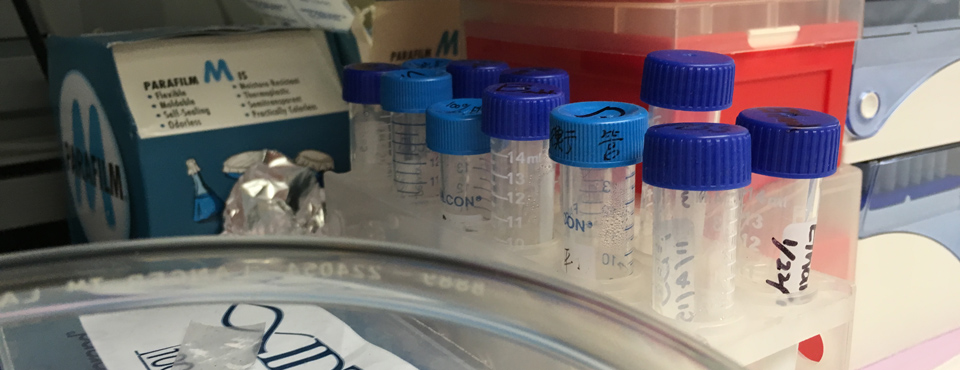The Key Role of Veterinary Labs in Pet Health Management
The Key Role of Veterinary Labs in Pet Health Management
Blog Article
Keeping your furry friends healthy is crucial to their quality of life. Veterinary testing facilities specialize in pet health testing for our furry companions.
This article, we’ll discuss how veterinary labs support animal care, their key services, and why these labs are invaluable for your pets’ health.
Understanding the Role of Veterinary Testing Centers
Animal health laboratories provide in-depth analysis of health conditions in pets. They support veterinarians to develop effective treatment plans.

How tests are conducted typically involves:
- Animal sample gathering: Blood, urine, feces, or tissue samples are taken by the vet.
- Analysis of specimens: Modern technology examine the specimens.
- Diagnosing the findings: The lab offers conclusions to the veterinarian for tailored medical advice.
Common Veterinary Tests for Pets
Pet diagnostic centers conduct a range of diagnostic procedures to address health concerns early. Some of the most common tests include:
- Blood tests: Identify infections.
- Kidney function tests: Evaluate hydration levels.
- Fecal examinations: Identify digestive problems.
- Allergen identification: Improve skin and coat health.
- Advanced imaging techniques: Identify hidden injuries.
laboratorio necropsia veterinaria
laboratórios veterinariosclinica veterinaria laboratorio
The Benefits of Veterinary Diagnostics
Ongoing health monitoring is critical to improving quality of life. Proactive health checks helps avoid complications.

Some key benefits include:
- Better disease management: Customized solutions for your pet’s needs.
- Reassurance for your family: Regular testing ensures clarity.
- Avoiding expensive treatments later: Prevent costly procedures.
Why Veterinary Testing is Essential for Cats and Dogs
Incorporating lab testing for household animals supports their overall wellness. Pet testing facilities help identify issues early to manage their health effectively.
Make lab testing part of your pet’s health plan to give them the best care possible!
Report this page